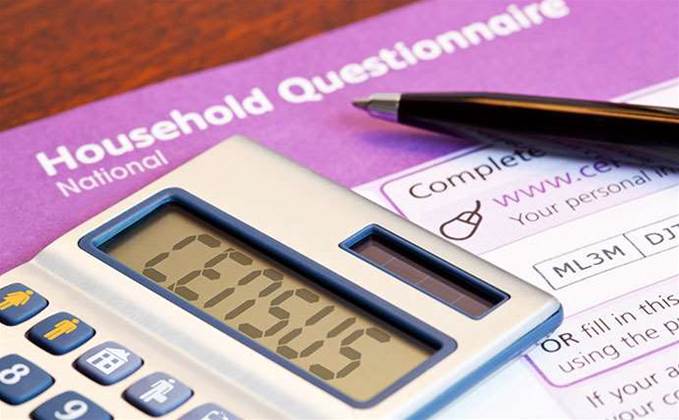The Senate’s economics references committee has questioned privacy checks conducted ahead of the 2016 Census, as the Australian Bureau of Statistics weighed up a new, extended name-and-address holding regime, and unprecedented data matching program.

The joint party committee has been probing the controversial 2016 Census, which saw online collection taken out by a series of DDoS attacks, creating a dramatic end to a survey campaign already marred by privacy concerns.
In its report, handed down this afternoon, the committee has suggested bias could have driven the ABS’ seeming complacency about its decision to retain collected names and addresses for four years instead of 18 months, and to use them to match Census data against other government administrative databases.
It has called the internally conducted privacy impact assessment (PIA) completed by the ABS in the lead up to Census 2016 “manifestly inadequate” and has pointed out that its findings are inconsistent with earlier PIAs commissioned on similar topics.
The pre-Census PIA was flagged by an ABS media release and received only three written submissions in total.
The ABS reached out to the Australian Statistics Advisory Council, the Treasurer's office and various privacy commissioners for feedback, the committee said.
“Based on the information received by the committee, there is no evidence that the ABS consulted with community groups, non-government organisations or privacy advocacy groups,” the report criticised.
“At a minimum, the PIA should have been conducted by an independent body”.
The committee said this was particularly important owing to an acknowledged bias within the agency towards expanding data matching activities.
According to the report, “there appears to have been a belief within the ABS that destroying name and address information was preventing the organisation from meeting its objectives”.
“There is a widely held view within ABS that continuing to operate under such restrictions ... [would] be a significant barrier in meeting both statistical and operational aspirations.”
This bias could have produced the widely inconsistent findings of the 2015 PIA compared to one conducted a decade before into the creation of a longitudinal census dataset.
The 2005, externally commissioned, review - which did canvas the option of comparing responses from successive Censuses over the years - flagged the very real risk of re-identification, and called the proposed system "unwise".
The committee said “the ABS appeared unable to explain why the results of the 2005 PIA were significantly different from the 2015 PIA”.
The committee has demanded that from now on, all PIAs related to future Census surveys are conducted by an independent third party, and that their findings be published at least 12 months ahead of Census night.
It has also suggested that the ABS review its internal guidelines for public consultation.
The senators concluded that “overturning the long-standing practice of destroying name and address data collected through the census is a significant change that warranted significantly more public consultation and external scrutiny than it received.”
Small business minister Michael McCormack today revealed the government had reached a confidential settlement with IBM, but did not disclose details.



_(20).jpg&h=140&w=231&c=1&s=0)
.png&h=140&w=231&c=1&s=0)






 iTnews Benchmark Awards 2026
iTnews Benchmark Awards 2026
 iTnews Executive Retreat - Security Leaders Edition
iTnews Executive Retreat - Security Leaders Edition
 iTnews Cloud Covered Breakfast Summit
iTnews Cloud Covered Breakfast Summit
 The 2026 iAwards
The 2026 iAwards












_(1).jpg&h=140&w=231&c=1&s=0)



